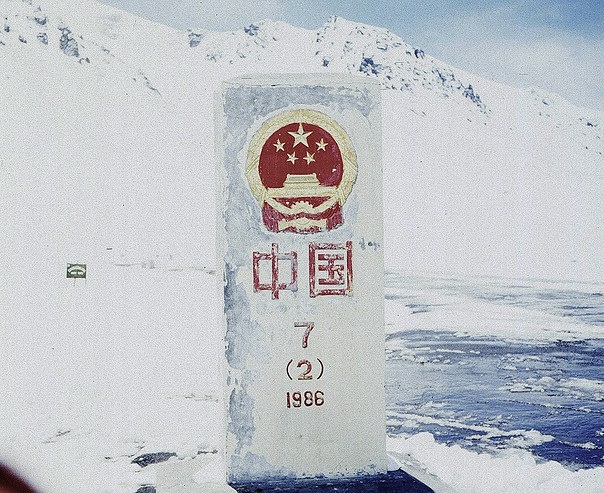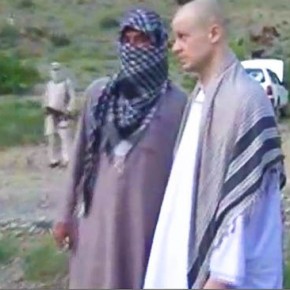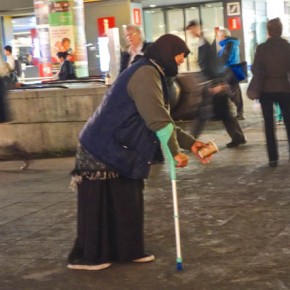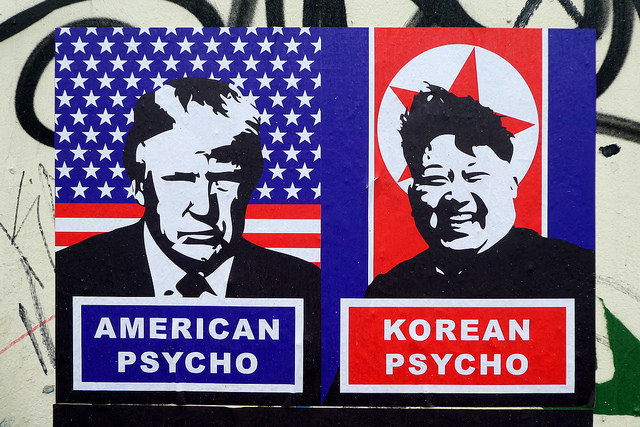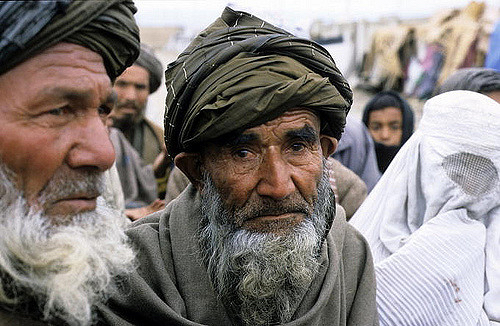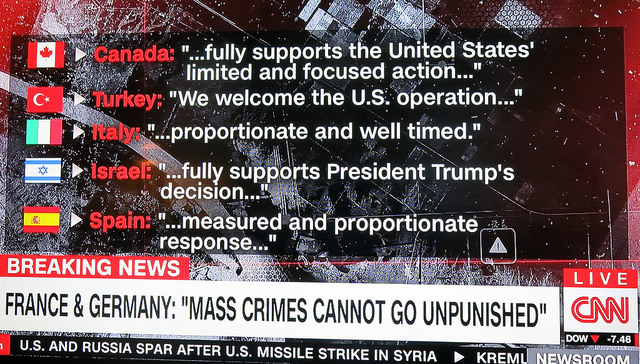This week marks the 35th anniversary of the Tiananmen Square Massacre. Mainstream Western analyses of the events in Beijing tend to focus on an ill-defined demand for liberal democracy. Personally, I have always understood the protests as part of an ideological legitimacy crisis that also affects Pakistan. China didn’t just revolt because of economic problems that accompanied the Four Modernizations, though they certainly did their part. While wages and living standards rose rapidly during the 1980s, they were outpaced by massive inflation. Not only that, but the confluence of privatization and labor market construction led to intense corruption and instability for ordinary people.
The question remains though: why were these realities suddenly offensive in 1989? It is not as though China was never corrupt before. Why didn’t the Tiananmen Square protests happen during the Great Leap Forward? If the decisive factor was a gradual systemic acceptance of liberalization, then why didn’t they happen during the Beijing Spring? We cannot proceed without understanding that the nature of Chinese Communism’s crisis in 1989. It was mainly ideological.
The protests began as a way to mourn the death of former Communist Party General Secretary Hu Yaobang. Students were sympathetic to Hu’s reformist politics, and sought to commemorate his legacy properly. This was only the spark, though. Student protests also occurred all over China several years earlier, an event which actually forced Hu out of office. During the 1980s, it was generally agreed that Maoism had failed, and most Chinese citizens agreed that central planning needed to become more participatory. However, there was severe anxiety over Deng Xiaoping‘s heavily bureaucratized reforms.
There was a massive gap between Chinese reality and the mythology of its ideological narratives. China had reached a point where its leaders would bow respectfully towards statues of Mao Tse Tung while systematically dismantling the “iron rice bowl” that was arguably his greatest achievement. This wasn’t just hypocrisy: it was a contradiction that tempted wider change. After all, could China honestly call itself a People’s Republic if the right to strike had been removed from the 1982 Constitution? What did Communism even mean? Was it even worth maintaining in the face of such uncertainty?
The reason that the Tiananmen Square protests so deeply terrified the Communist leadership is because they were successfully politicizing these questions on a mass scale. It wasn’t just students. It was also industrial workers, professionals, sailors, and many others. They shared the same core grievance: the state’s ideology no longer makes sense, and needed to be reexamined. The Chinese Communist Party was right to be afraid. After all, these same questions ultimately led to the Autumn of Nations in the Soviet bloc. There, it was ultimately determined that liberal capitalism was far more palatable than the degenerated workers’ democracy that was state capitalism.
For me, it is important to emphasize this political dynamic because of how similar dynamics affect Pakistan. After all, General Zia ul-Haq pursued a technocratic model that was broadly similar to Deng’s policies in China, and this has led to similar questions about Islamic republicanism as with Chinese Communism in 1989. Namely, what does “Islamic Republic” actually mean, and why is there a gap between its ethical promises and everyday reality? Is there any real difference between Prime Minister Nawaz Sharif praying towards Mecca while pursuing aggressive privatization, and those socialist-but-maybe-better-named-capitalist reformists bowing towards statues of Mao Tse Tung?
Although China has suppressed historical memory of the 1989 events, it has been unable to provide a compelling answer to its own variation of this question, which is ultimately about the legitimacy of the state. Pakistan has been unable to do the same in regards to Islam, which continues to be understood by its deeply ritualistic working-class on terms of communitarian egalitarianism. The ascendancy of Wahhabism in the country hasn’t changed this fact. What is a population to do when the principles of its following ideology no longer seem to be reflected in everyday society? I am interested to see if through some twist of history, Chinese Communism will provide an answer to be emulated by Pakistani Islamism.
Photograph courtesy of kattebelletje. Published under a Creative Commons License.
